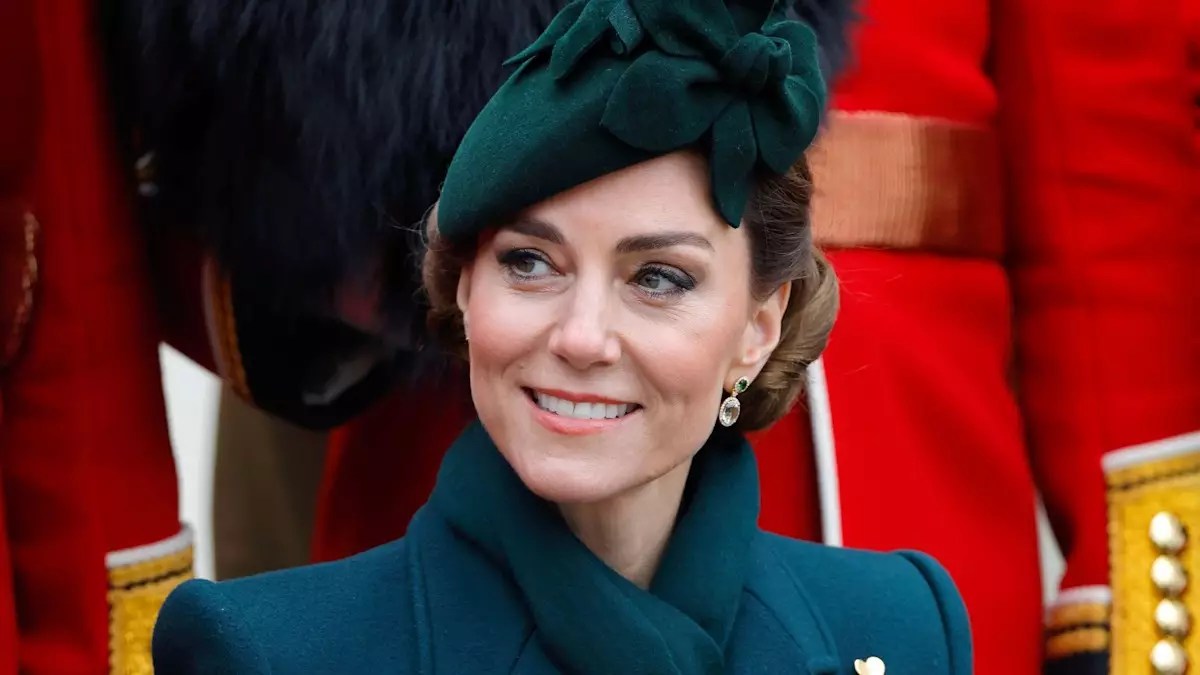In the world of royalty, every decision is under scrutiny, and Princess Kate‘s choice to not accompany Prince William to Pope Francis’ funeral has certainly ignited discussions. While some royal watchers may view her absence as a significant oversight, it is essential to understand the underlying factors dictating such choices. It is not merely an act of indifference; rather, it reflects a meticulous balancing act between duty and family responsibilities, tensions that many can relate to, even outside the royal context.
Kate’s decision aligns with established royal protocol that often prioritizes state responsibilities and who precisely attends ceremonial functions. This particular instance highlights the ongoing evolution of the royal family’s diplomatic engagements as they navigate the complexities of modern familial roles and traditions. In this case, Kate is also a mother managing the logistics of her children’s lives, exemplifying the challenges parents face between personal commitments and professional obligations.
Modern Royal Representation
Prince William‘s solo attendance at Emperor Francis’ funeral opens a broader conversation about the royal family’s role as modern global statesmen. His presence symbolizes a bridging between the monarchy and the global community, reinstating the relevance of the British royal family in contemporary society. Traditionally, members of the royal family would attend religious services reflective of their Protestant faith, often shying away from direct participation in other religious rituals.
William’s attendance at such a significant event further implies a shift in royal responsibilities, enabling him to carve out his identity within this ancient institution. As he steps into the role of a global ambassador, his capacity to engage with diverse cultures and religions becomes increasingly pivotal. This idea gains weight when considering the historical context of royal attendance at papal funerals, where the presence of royalty tends to symbolize respect and acknowledgment rather than spiritual worship.
Family First: The Priorities of Parenthood
Yet, alongside William’s evolving role, Kate’s decision underscores a prevailing truth: family comes first. As a mother of three, her responsibilities do not enter a void; they fuse seamlessly with her royal obligations. With Prince Louis’s seventh birthday and Princess Charlotte’s upcoming milestone, the focus on familial duties reveals much about Kate’s character. Making certain choices in favor of family obligation over attending high-profile events demonstrates a relatable and admirable commitment—something that resonates with the public, who often find themselves juggling similar balances between career and family life.
Kate’s management of these twin duties epitomizes the challenges faced by modern parents and the realities of parenting. Unlike historical figures in royal narratives, today’s royals showcase how family-centric values intersect with public service—becoming relatable figures in an otherwise distant royal structure.
The Legacy of Royal Traditions
Additionally, the lineage of royal decisions regarding attendance at Catholic funerals cannot be overlooked. King Charles’s absence, despite his close relationship with Pope Francis, aligns with precedent established by his mother, Queen Elizabeth II. This continuity underscores the importance of tradition within the royal framework while allowing room for personal choices and narratives to unfold.
Prince William’s engagement with the ceremony refines his future royal image while simultaneously reinforcing a delicate balance with historical practices. Acknowledging the significance of both tradition and innovation, the royal family appears to be finding its footing in a rapidly changing world. The act of representing the monarchy at pivotal moments, while also managing personal expectations, speaks volumes about the evolution of royal duties in light of public expectations and contemporary values.
The absence of Princess Kate from such a notable event symbolizes a blend of personal commitment and royal tradition—both crucial elements of their lives. It is here that we see a nuanced understanding of the royal family that embraces modernity, compassion, and traditional values, reflecting a complex but relatable life experience. As the royal family navigates this intricate web of duty and domesticity, they provide a compelling narrative about the challenges and triumphs of balancing duty and family in today’s multifaceted world.







Leave a Reply